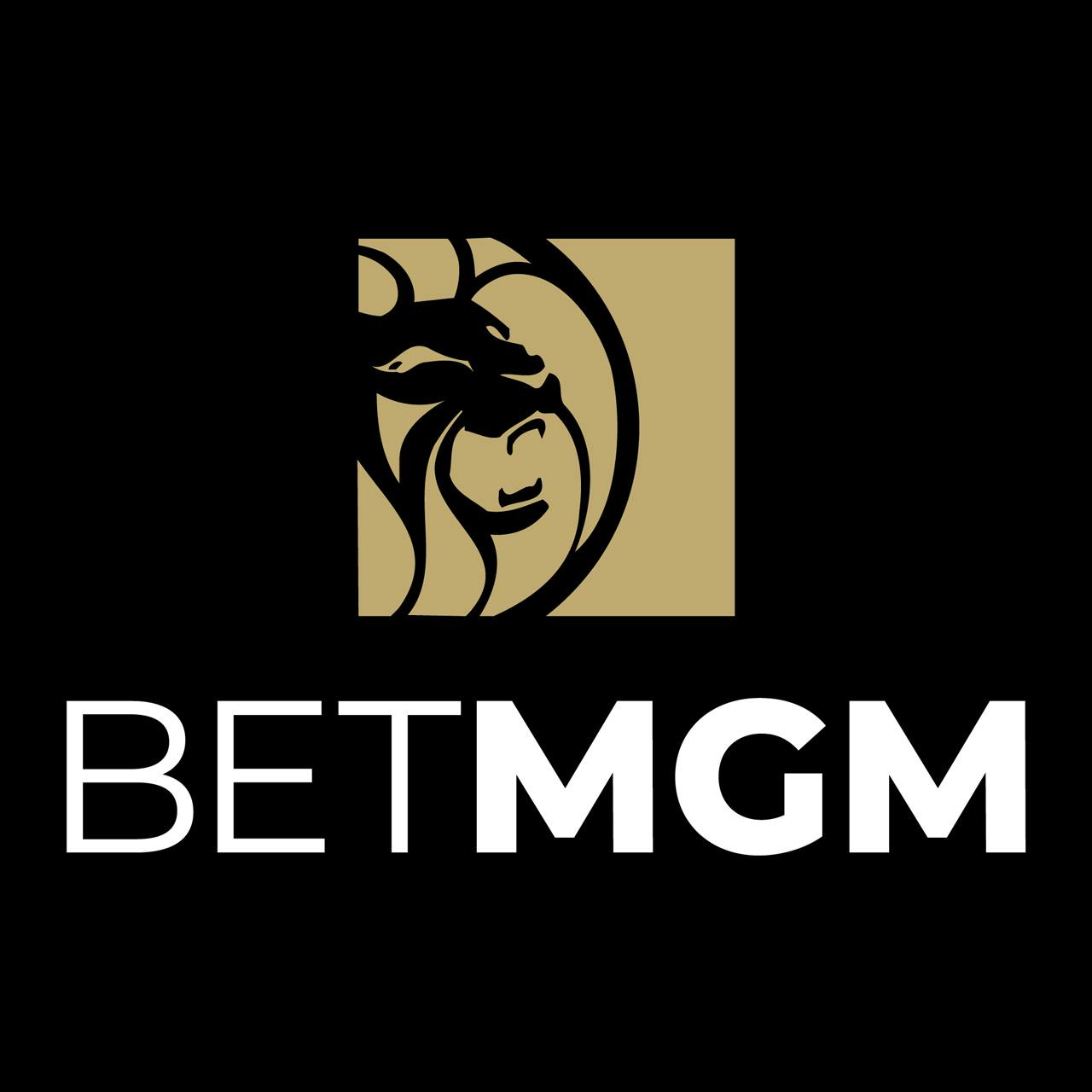Poker Veteran of Over 50 Years: Decisions You Can Bet On

(Photo courtesy of Gene Bromberg/Wikimedia Commons)
“Poker is about understanding human behavior and managing emotions. …
That’s huge in poker and huge in business.” — Phil Hellmuth
Let’s look at the game of poker like it is a business venture. You are an entrepreneur who is investing in yourself. Your startup capital is your bankroll, which you use to finance entry into cash games or for your buy-into tournaments. Your customer base is the players you are playing against. The products you are selling are the hands you play and, of course, you are the salesperson. Your goal is to finesse your way into the hearts and minds of your client base in order to gain their trust and sell your product.
In poker this simply translates into your table image, your betting strategy, and which hands you play.
What makes this business model different is that in addition to its unique transactional exchange in the form of betting — which emulates bidding at an auction — this betting action is based on limited or incomplete information. There are details every player gathers dynamically, as new cards are revealed and betting action takes place. That means you are making calculated evaluations with insufficient data. But it doesn’t end there.
There is one overriding consideration that permeates both poker and business.
That is decision-making.
Making the proper decision at the right time is crucial to the success of your business, your chances of making money, and becoming a winning poker player. Moreover, winning or losing any given hand or raking any pot is the by-product of the choices you make. What’s more, the margins are slim.
The first — and maybe most important — option you have to choose is whether or not to play the cards you are dealt. In addition, how you play them and the action that follows will have a direct impact on the outcome of the hand.
Let’s take a closer look at one of the most talked-about hands in poker — an ace and a king, also known as Big Slick. Ace-King is among the top 2%-3% percent of all starting hands in poker — after all, it contains two of the highest cards in the deck.
You’re at a nine-handed table and under the gun — first to act — and you look up at Ace-King. You know you have a good hand but by no means an automatic winner. The blinds are 250 and 500, and you have a stack of 50 big blinds or 25,000 chips. The most common course of action is to raise — anywhere between four to five times the big blind — in order to force weaker draws to fold. You bet 2,500 chips. That bet size instantly alerts the table that you have a strong hand.
Everyone folds except the big blind. Now you’re heads-up. After a 10-Jack-7 rainbow flop, the big blind leads out with a 3,500-chip bet, telling you he has something. You obviously missed the flop; however, you do have two overs. Considering the big blind didn’t reraise your preflop bet, you don’t put him on pocket pair. He may have hit a pair lower than your ace or king, so you’re either calling or raising — but certainly not folding.
Colorado
You call.
The turn brings an Ace.
The big blind now bets 7,500. That bet leaves you wondering if your top-top — top pair, top kicker — is even good or just a bluff-catcher. Calling will leave you with 11,500 chips — not enough to reraise and get him off his hand. So what do you do? You know you have outs. The Queen gives you a straight, or another Ace or King gives you three-of-a-kind or two pair.
In a cash game or in a rebuy tourney, you shove all your chips immediately, as you can always buy more chips; however, in a freeze-out, you could be done for.
You end up calling. The river is a 2, which is no help. The big blind shows Ace-Jack for the winning hand with two pair, which beats your Ace-King. Even though you lost more than half your stack, you made the right move because you can still play on.
The decisions you make along the way are key to your survival in poker and in business.

BetMGM Sportsbook & Online Casino

BetRivers Sportsbook & Online Casino
ADVERTISEMENT



